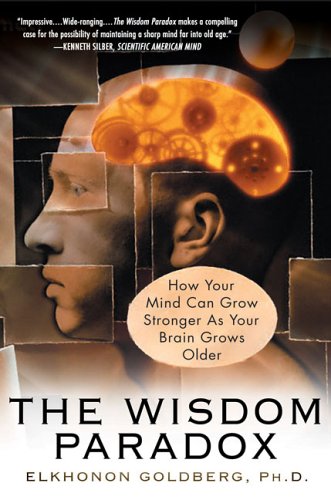Science books that read like fiction
Discover the best science books that read like fiction! Explore captivating titles that blend real science with storytelling, making complex topics thrilling and easy to understand.

Book
Microbe Hunters
by Paul De Kruif
Presents twelve stories of the men who pioneered the study of bacteriology.

Book
Seven Daughters of Eve
by Bryan Sykes
This national bestseller, now in paperback, reveals how all humans are descended from seven prehistoric women--the Seven Daughters of Eve.


Book
A Short History of Nearly Everything
by Bill Bryson
One of the world’s most beloved writers and New York Times bestselling author of A Walk in the Woods and The Body takes his ultimate journey—into the most intriguing and intractable questions that science seeks to answer. In A Walk in the Woods, Bill Bryson trekked the Appalachian Trail—well, most of it. In A Sunburned Country, he confronted some of the most lethal wildlife Australia has to offer. Now, in his biggest book, he confronts his greatest challenge: to understand—and, if possible, answer—the oldest, biggest questions we have posed about the universe and ourselves. Taking as territory everything from the Big Bang to the rise of civilization, Bryson seeks to understand how we got from there being nothing at all to there being us. To that end, he has attached himself to a host of the world’s most advanced (and often obsessed) archaeologists, anthropologists, and mathematicians, travelling to their offices, laboratories, and field camps. He has read (or tried to read) their books, pestered them with questions, apprenticed himself to their powerful minds. A Short History of Nearly Everything is the record of this quest, and it is a sometimes profound, sometimes funny, and always supremely clear and entertaining adventure in the realms of human knowledge, as only Bill Bryson can render it. Science has never been more involving or entertaining.


Book
Phantoms in the Brain
by V. S. Ramachandran
Neuroscientist V.S. Ramachandran is internationally renowned for uncovering answers to the deep and quirky questions of human nature that few scientists have dared to address. His bold insights about the brain are matched only by the stunning simplicity of his experiments -- using such low-tech tools as cotton swabs, glasses of water and dime-store mirrors. In Phantoms in the Brain, Dr. Ramachandran recounts how his work with patients who have bizarre neurological disorders has shed new light on the deep architecture of the brain, and what these findings tell us about who we are, how we construct our body image, why we laugh or become depressed, why we may believe in God, how we make decisions, deceive ourselves and dream, perhaps even why we're so clever at philosophy, music and art. Some of his most notable cases: A woman paralyzed on the left side of her body who believes she is lifting a tray of drinks with both hands offers a unique opportunity to test Freud's theory of denial. A man who insists he is talking with God challenges us to ask: Could we be "wired" for religious experience? A woman who hallucinates cartoon characters illustrates how, in a sense, we are all hallucinating, all the time. Dr. Ramachandran's inspired medical detective work pushes the boundaries of medicine's last great frontier -- the human mind -- yielding new and provocative insights into the "big questions" about consciousness and the self.





Book
The Story of Art, 16th Edition (Gombrich, Ernst Hans Josef//Story of Art)
No summary available.




Book
Your Inner Fish
by Neil Shubin
The paleontologist and professor of anatomy who co-discovered Tiktaalik, the “fish with hands,” tells a “compelling scientific adventure story that will change forever how you understand what it means to be human” (Oliver Sacks). By examining fossils and DNA, he shows us that our hands actually resemble fish fins, our heads are organized like long-extinct jawless fish, and major parts of our genomes look and function like those of worms and bacteria. Your Inner Fish makes us look at ourselves and our world in an illuminating new light. This is science writing at its finest—enlightening, accessible and told with irresistible enthusiasm.






Book
Microcosmos
by Lynn Margulis
BACK IN PRINT WITH A REVISED PREFACE Microcosmos brings together the remarkable discoveries of microbiology of the past two decades and the pioneering research of Dr. Margulis to create a vivid new picture of the world that is crucial to our understanding of the future of the planet. Addressed to general readers, the book provides a beautifully written view of evolution as a process based on interdependency and thei nterconnectedness of all life on the planet.

